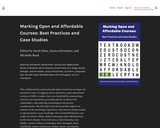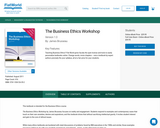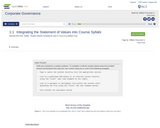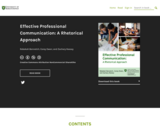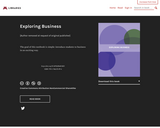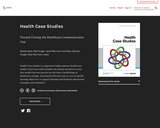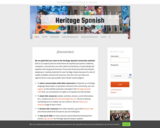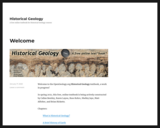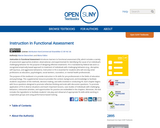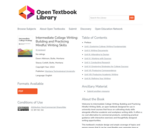Short Description:
“Cases on Social Issues: For Class Discussion – 2nd Edition” was inspired by students and co-authored by people who are usually under-represented in higher education. These realistic, emotional cases are designed to help students grapple with ethical issues related to discrimination, diversity, equity, inclusion and general social issues in the workplace. These valuable cases are appropriate for upper-level undergraduate or graduate students in the humanities, business, healthcare, agriculture, environmental studies, Indigenous studies, land use studies, law and more. In addition to the background description and scenario, each case comes with modifiable discussion questions, notes on teaching strategies, and a reading list.
Long Description:
This Open Education resource, “Cases on Social Issues: For Class Discussion – 2nd Edition”, includes valuable cases for student use on issues of discrimination, diversity, equity, inclusion and general social issues in the workplace. Included are cases for discussion on workplace scenarios as follows: homophobia; working with Indigenous communities; oil and gas pipelines and the family ranch; invisible disabilities; employee anxiety; safety for women, transgender women and non-binary people; and the bullying of new immigrants and refugees. The critical events portrayed in the cases are realistic and emotional, and most feature the experiences of under-represented and marginalized people. These thoughtful, contemporary cases pose ethical dilemmas about social issues that encourage post-secondary students and instructors to have stimulating, inclusive, and compassionate discussions. Inspired by input from post-secondary students and authored by students and people who are usually under-represented in education material, this resource is designed for upper-level undergraduate or graduate students in the humanities, social sciences, business, healthcare, science, agriculture, environmental studies, Indigenous studies, land use studies, law and more. Each case is supplemented with modifiable discussion prompts, notes for teaching strategies, and a short reading list.
Word Count: 35076
ISBN: 978-1-989864-68-5
(Note: This resource's metadata has been created automatically by reformatting and/or combining the information that the author initially provided as part of a bulk import process.)

